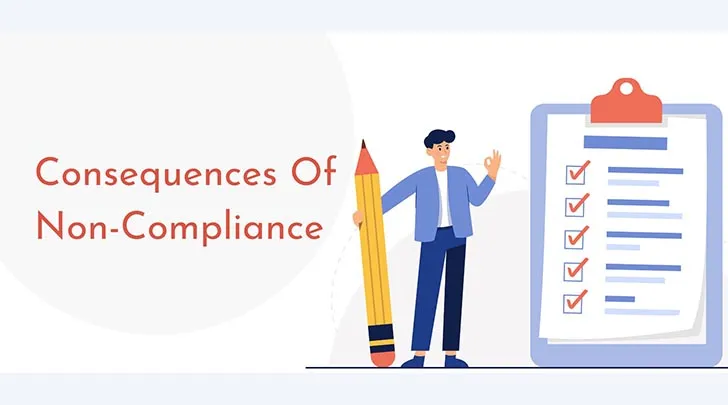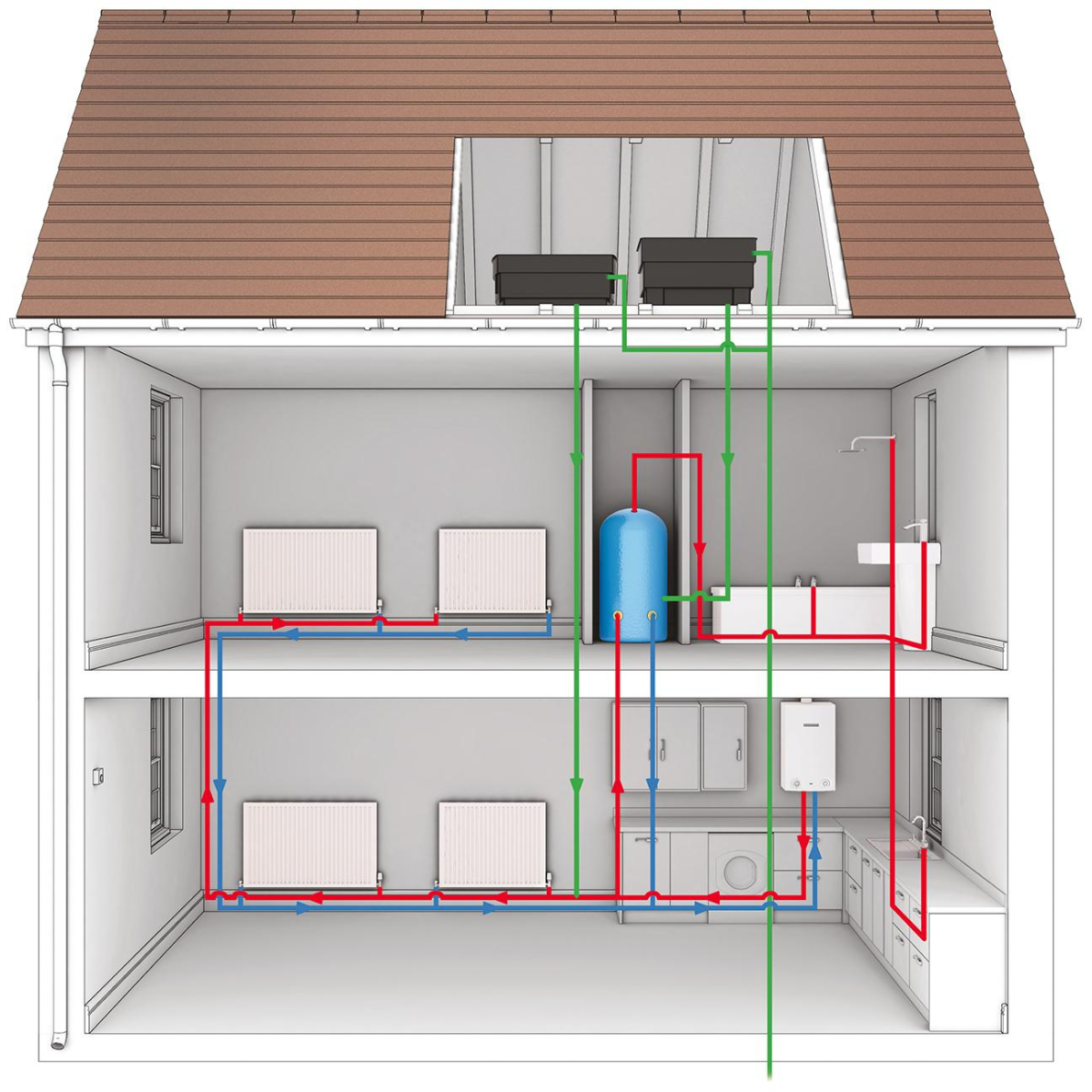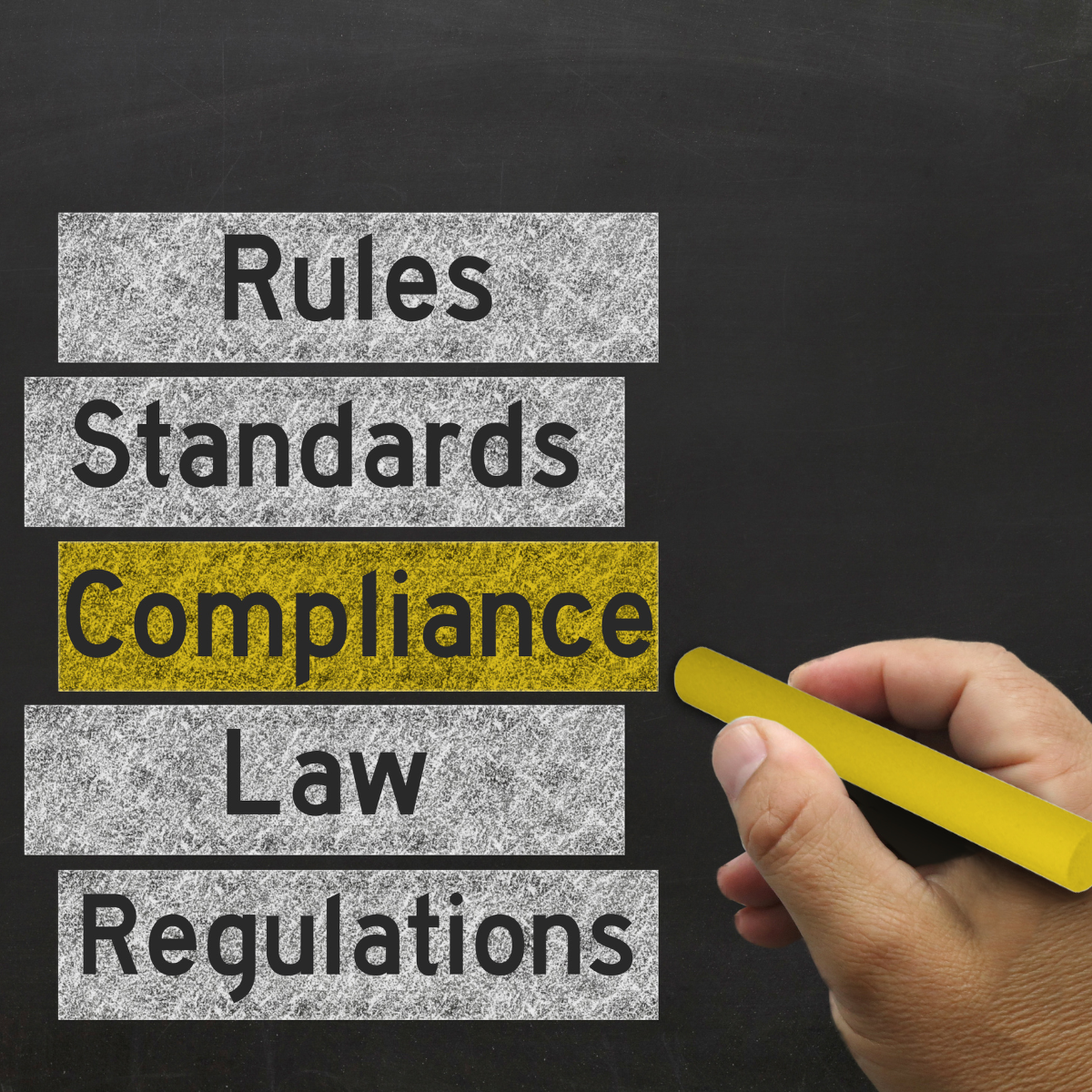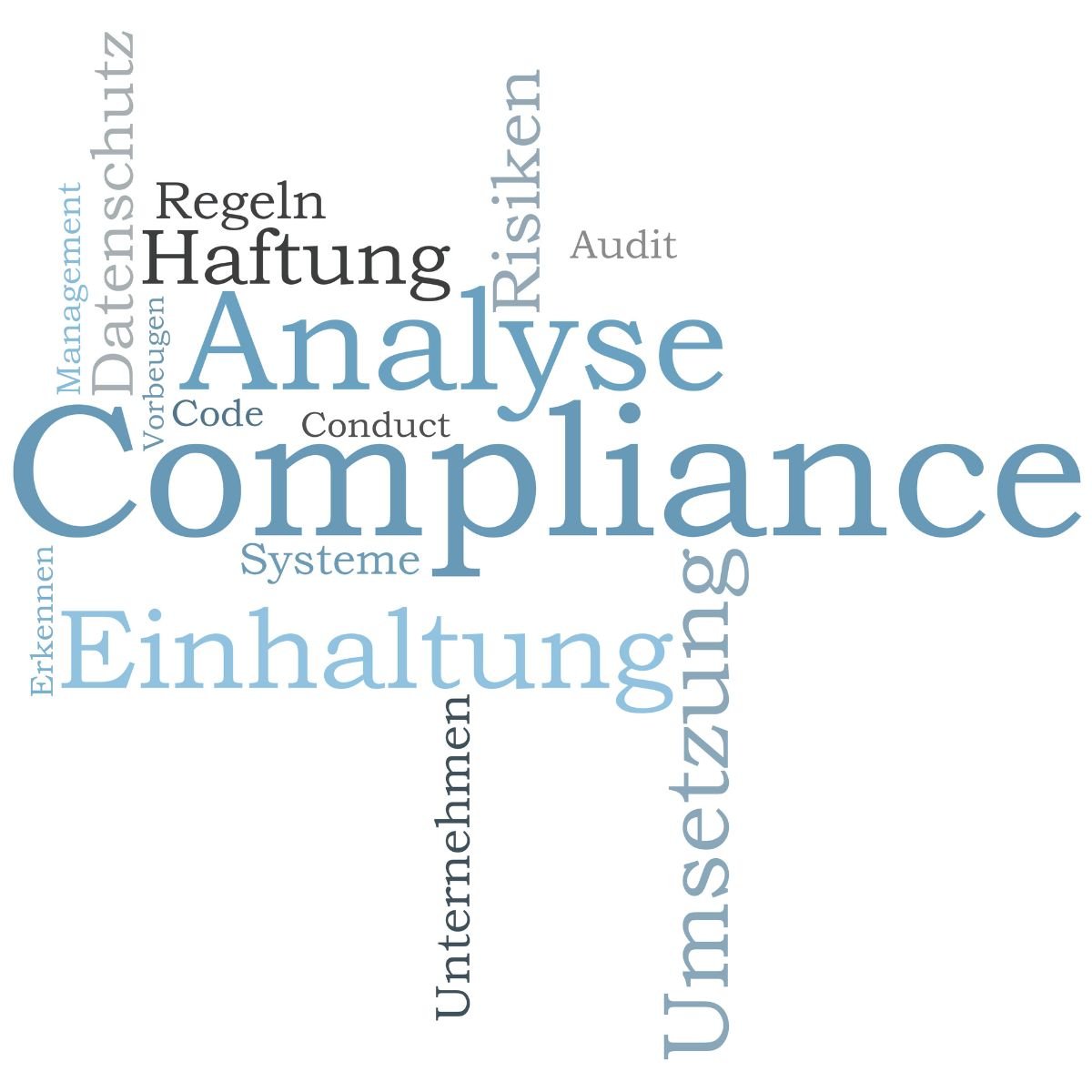Navigating Landlord Legislation with Premier Locations
As a seasoned lettings agency, Premier Locations is your partner in ensuring compliance with essential landlord legislation. Our team stands ready to address any queries or concerns you may have, guiding you through the intricate landscape of legal requirements.
Understanding the Significance of Buy-To-Let Legislation
Buy-to-let legislation serves as a safeguard for both landlords and tenants, ensuring properties are let in suitable conditions to occupants legally entitled to reside and work in the UK. Landlords must uphold their obligations, while tenants must adhere to contractual terms and refrain from unlawful or disruptive behavior.

Consequences of Non-Compliance
The UK’s extensive lettings industry is tightly regulated, encompassing approximately 168 laws that landlords and agents must adhere to. Failure to comply with these regulations can lead to severe penalties, including:

- Prosecution and unlimited fines for safety breaches endangering tenants.
- Fines and repayment of up to 12 months’ rent under the Rent Repayment Order Act for unlicensed HMOs.
- Tenant lawsuits and compensation claims for failure to meet ‘fitness for habitation’ standards.
- Compensation awards for illegal evictions.
- £30,000 fine for electrical safety breaches.
- Penalties of up to three times the deposit amount for failure to protect deposits.
- Fines up to £3,000 and potential custodial sentences for letting to individuals without legal residency.
Ensuring Compliance with New Legislation
Given the complexity and constant evolution of buy-to-let legislation, landlords may find it challenging to stay fully compliant. Partnering with a reputable lettings management agency like Premier Locations can provide peace of mind. While we assist in ensuring compliance, landlords ultimately bear the responsibility for legal safety and proper letting of their properties.
How Premier Locations Can Assist
Premier Locations is a trusted and esteemed lettings agency renowned for assisting landlords nationwide in navigating buy-to-let legislation. Leveraging our close collaboration with local authorities, we stay updated on legislative changes and convey this information clearly to landlords.
Whether you seek tenant placement or full property management, our tailored landlord packages cater to diverse needs. For more information on our services or detailed insights into landlord legislation, visit our lettings homepage or connect with your nearest Premier Locations branch.
Landlord Legislation Includes Requirements For:
- Blinds
- Central heating, boilers & gas appliances
- Checkout inspection
- Deposits and Tenancy Deposit Protection
- Electrical Equipment and PAT Testing
- Electrical Installations
- Electrical Safety in the PRS
- EPCs and MEES
- Furniture and Furnishing (Fire Safety)
- Homes (Fitness for Human Habitation) Act
- Legionella
- Prescribed Hazards
- Property Licensing
- Refundable Tenancy Deposit: tenancies before 01/06/2019
- Refundable Tenancy Deposit: tenancies from 01/06/2019
- Right to Rent
- Smoke and Carbon Monoxide Alarms
- Tenant Fees Act (2019)
- The Debt Respite Scheme (Breathing Space Moratorium and Mental Health Crisis Moratorium) (England and Wales) Regulations 2020
- The Renting Homes (Fees etc) (Wales) Act 2019
Blinds
New European regulations now apply to the installations for raising and lowering blinds and the movement of curtains across windows. This means that new blinds and curtains being installed by a contractor will have fixed cords or ball-bearing pulls to prevent any danger of asphyxiation to a young child, as well as a warning notice with the purchasing material. Existing blinds and windows may need to be fitted with safety features to ensure compliance and to ensure safety. Throughout the agent’s period of management, it will check all blinds and curtains on a management visit and, if necessary, arrange for the relevant safety feature to be fitted at the landlord’s expense. If the agent is not managing the premises at any time, it will be your responsibility to make such checks and arrange the fitting of any necessary safety feature to ensure compliance of the lettings legislation.

Central Heating, Boilers And All Gas Appliances
The Gas Safety Regulations require all gas appliances to be inspected and a certificate (GSC) to be provided on an annual basis. We will normally arrange for these to be carried out. If you make your own arrangements, your property manager will require a valid copy of the GSC before the first tenancy can commence and then on an annual basis thereafter. If we are not provided with certificates and they expire, we will not be able to start a tenancy without a valid certificate if required.
Checkout Inspection
At the end of each tenancy we will check the property carefully (fully managed only). We/you are required to agree deductions between landlord and tenant, and we will do everything we can to reach an agreement. If an agreement cannot be reached, the matter will be referred to the relevant body for arbitration. Both the landlord and tenant must accept the decision of the Independent Case Examiner (service included on Full Management only).
Deposits & Tenancy Deposit Protection
The deposit will equal five weeks’ rent per the Tenant Fees Act 2019. The purpose of the deposit is to cover damage to the property over and above normal wear and tear and/or any rent arrears or costs incurred as a result of breach of contract.
The 2004 Housing Act prevents landlords from holding unregistered/unprotected deposits. All Premier Locations branches are members of a tenancy deposit service. All deposits relating to Assured Shorthold Tenancies will be dealt with under the rules of the Tenancy Deposit Regulations. Deposits relating to tenancies which are not Assured Shorthold Tenancies are not part of the scheme, although they will be dealt with along the principles of the scheme.
Electrical Equipment And PAT Testing
It is recommended that all portable electrical items are tested before each tenancy. We can arrange for this to be done with a suitably qualified external contractor. The cost will be the landlord’s responsibility.
Comprehensive Landlord Legislation Compliance
As a landlord, it’s vital to adhere to various legal requirements governing rental properties. Here’s a breakdown of key regulations, with Premier Locations offering expert assistance and guidance:
Electrical Safety Regulations: Premier Locations advises landlords in England to ensure electrical installations are tested before each tenancy and at least every five years thereafter. Compliance with BS7671:2018 standards is mandatory, with inspection reports provided to tenants within 28 days.
EPCs & Minimum Energy Efficiency Standards (MEES): Properties in the private rented sector must have an Energy Performance Certificate (EPC) rating of E or higher. Premier Locations can facilitate EPC assessments to ensure compliance with regulations effective from April 2020.
Furniture & Furnishings (Fire & Safety) Regulations: All soft furnishings in rental properties must comply with safety regulations. Premier Locations advises landlords to ensure furnishings are labeled and compliant to avoid potential prosecution.
Homes (Fitness For Human Habitation) Act: Under this act, landlords must ensure properties are fit for human habitation, addressing hazards like dampness, ventilation, and sanitation. Premier Locations assists landlords in ensuring properties meet these standards.
Legionella Risk Assessment: To mitigate the risk of Legionnaires’ Disease, landlords must assess hot and cold water systems. Premier Locations can arrange assessments to safeguard tenants’ health.
Prescribed Hazards: Premier Locations helps landlords identify and address hazards outlined in the Housing Health and Safety Rating System (HHSRS), ensuring properties meet safety standards.

By partnering with Premier Locations, landlords can navigate the complex landscape of landlord legislation with ease, ensuring properties are compliant and tenants are safe and secure. For further assistance or consultations on compliance matters, landlords can contact their local Premier Locations office.
Ensuring Compliance with Landlord Legislation
Navigating the intricate landscape of landlord legislation is essential for ensuring the smooth operation of rental properties. Here’s an overview of key regulations, with Premier Locations offering expert guidance and support:

Property Licensing: Local authorities have the power to regulate standards in the private rented sector through property licensing schemes. Premier Locations assists landlords in acquiring the correct licenses to ensure compliance and protection for both landlords and tenants.
Tenancy Deposits: From 1 June 2019: Premier Locations advises landlords on the regulations surrounding refundable tenancy deposits, ensuring compliance with caps and legal requirements.
Right to Rent: Under the Immigration Act 2014, landlords must conduct Right to Rent checks for all new tenants. Premier Locations facilitates these checks to ensure legal compliance before commencing tenancies.
Smoke & Carbon Monoxide Alarm Regulations (1 October 2022): Premier Locations ensures that rental properties comply with regulations mandating the installation of smoke alarms and carbon monoxide detectors, providing peace of mind for landlords and tenants.
Tenant Fees Act (2019): Premier Locations educates landlords on the Tenant Fees Act, which bans most letting fees and caps tenancy deposits, ensuring transparent and fair rental agreements.
Debt Respite Scheme (Breathing Space Moratorium and Mental Health Crisis Moratorium)
(England and Wales)Regulations 2020: Premier Locations provides guidance on the Debt Respite Scheme, offering support to individuals facing unsustainable debts and navigating financial challenges.
The Renting Homes (Fees Etc.) (Wales) Act 2019: Premier Locations advises landlords on the regulations outlined in the Renting Homes Act, ensuring compliance with payment restrictions and contractual obligations in Wales.
By partnering with Premier Locations, landlords can confidently navigate the complexities of landlord legislation, ensuring compliance and the highest standards of service for both landlords and tenants. For further information or assistance on compliance matters, landlords can contact their local Premier Locations office.
Renting Homes (Wales) Act and Fifth Money Laundering Directive
Renting Homes (Wales) Act: The Renting Homes Act heralds significant changes to housing law in Wales, effective from 1 December 2022. This legislation aims to enhance the rental experience for tenants and landlords alike, introducing streamlined processes and improved standards for rented properties. Under the new law:

- Tenants will transition to become ‘contract-holders’, with tenancy agreements replaced by ‘Occupation Contracts’.
- Landlords will operate under a simpler system, with ‘Secure’ contracts for the social rented sector and ‘Standard’ contracts for the private rented sector.
- Compliance measures include ensuring homes meet the standards for human habitation, such as conducting electrical safety tests and installing functioning smoke alarms and carbon monoxide detectors.
- Abandoned properties can be repossessed without requiring a court order, streamlining the process for landlords.
For more detailed information on the Renting Homes Act and its implications, landlords and tenants can refer to the official government resources provided at [link].
Fifth Money Laundering Directive (5MLD): Effective from 10 January 2020, the Fifth Money Laundering Directive (5MLD) introduces changes to UK regulations, bringing letting agents within the scope of Money Laundering Regulations. This mandates letting agents to assess certain tenancy agreements for potential money laundering risks. Key points include:
- Tenancy agreements with rents exceeding €10,000 per calendar month are subject to the regulations.
- Letting agents must conduct ‘Know Your Customer’ checks on both landlords and tenants, verifying identification documents and residency status.
- Ongoing monitoring is required to ensure compliance with money laundering risk assessments throughout the tenancy term.

Landlords and tenants falling within the scope of 5MLD should anticipate additional administrative requirements and be prepared for heightened scrutiny. Further information on the Fifth Money Laundering Directive is available on the government’s official website.
